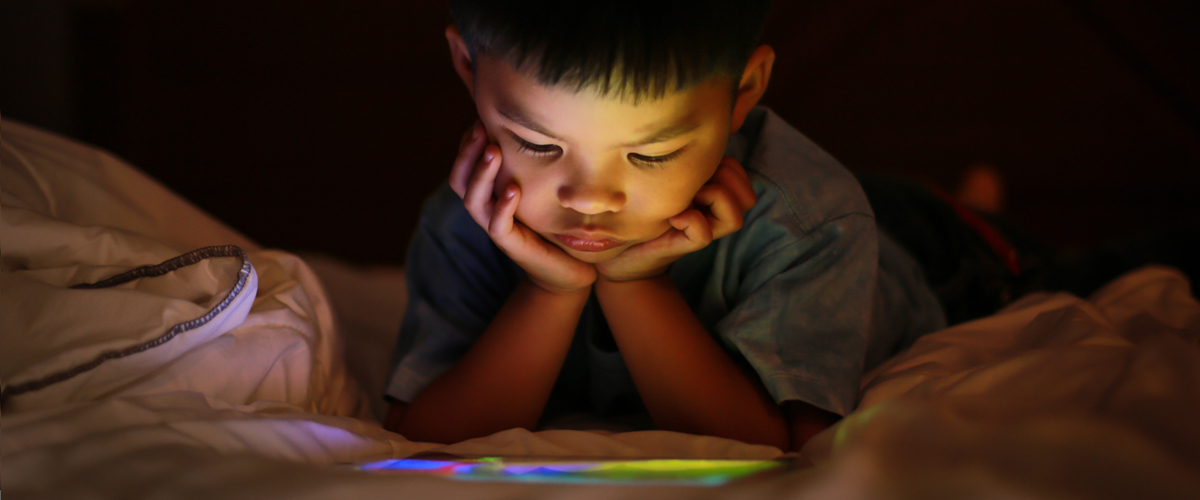
SUMMARY
In this special mashup episode of the All About Kids podcast, we highlight impactful moments from across episodes featuring top professionals in pediatric occupational therapy, speech-language pathology, ABA, and documentary filmmaking. You’ll hear from Jen, an OT who breaks down how to build sensory diets for kids with real-life examples like oral motor regulation and using tech wisely. Sandy, a seasoned BCBA, teaches parents how to decode behavior through the Four Functions, from escape to sensory, using examples like the infamous candy aisle meltdown. We also feature a Vietnamese-American SLP who shares her powerful journey from Operation Smile to advocating for SLP access across cultures. And finally, filmmaker Jerry Rothwell explains how his documentary The Reason I Jump captures the lived experience of non-speaking autistic individuals. Whether you’re a parent, therapist, or curious listener, this mashup delivers deep insights, emotional moments, and practical tools to better understand—and support—the kids in your life.
KEY MOMENTS
1. Building a Sensory Diet with Jen, OT
• “You’re not going to get the same kind of input from a device as you get from sand, snow, cardboard, or paint.”
• Explains how to create sensory routines at home (like chewing carrots instead of sleeves) and why it’s about consistency and exposure.
• Tracking is key: “You can’t change 10 things at once. Start with one intervention and see what works.”
2. Sandy, BCBA, on Decoding Behavior
• “Behavior is communication. We just have to figure out what they’re trying to say.”
• Breaks down the Four Functions of behavior: Escape, Attention, Tangible, Sensory.
• Uses relatable examples like Target tantrums to show how reinforcement happens unintentionally.
• “If a child screams for candy and gets it, the screaming worked. We have to flip the script.”
3. Faye Miah: Vietnamese-American SLP on Global Gaps in Care
• Inspired by Operation Smile and her own search for speech training when none existed in Vietnam.
• “I didn’t even know what an SLP was—but I knew I wanted to help people communicate.”
• Now uses her oncology background to help pediatric parents navigate early intervention with empathy, not fear.
4. SLP Tips on Parent Involvement & Telehealth
• Telehealth during the pandemic taught us that seeing a child in their natural environment can be powerful.
• “Sometimes parents are so eager to help, they answer for the child.”
• Emphasizes letting the child lead, and supporting autonomy even in a digital session.
5. Jerry Rothwell on ‘The Reason I Jump’
• Explains the creative process of turning a book by a non-speaking autistic teen into a global documentary.
• “We wanted to make the sensory world feel immersive—360 sound, nonlinear editing.”
• The film travels from India to Sierra Leone to the U.S., showing that the experience of non-speaking autism transcends culture.
6. Presume Competence
• One of the film’s central messages: “Not being able to speak doesn’t mean someone has nothing to say.”
• Reinforces that empathy, patience, and understanding are critical tools—no matter your role.
TAKEAWAYS
For Parents:
• If your child’s behavior feels random, it’s not. Keep a behavior log. Look for patterns.
• Replace—not just stop—behaviors. A child chewing on their shirt might need crunchy snacks or oral input.
• Tech isn’t bad—but it’s not the same as climbing a tree, painting, or sensory play.
For Clinicians:
• Reinforcement drives behavior—accidentally or not. Use it wisely.
• Telehealth isn’t perfect, but it can reveal things in real-life context that office visits don’t.
• Cultural humility matters. There are kids around the world still waiting for the therapy we take for granted.
For Everyone Working with Kids:
• Presume competence. Assume they understand, even when they can’t express it yet.
• Behavior is a clue. Communication is a process. Empathy is the constant.
• Whether through therapy or storytelling—listen louder.
About All About Kids:
AAK, the leading provider of children’s therapeutic and educational skills in New York. Their team of experts offer diagnostic evaluations as well as direct and consultative behavioral intervention services to children with Autism Spectrum Disorders. After comprehensive assessment, each child has a portfolio or program book designed specifically to meet his or her individualized needs. The quality of our ABA services are closely monitored through program and field supervision as well as ongoing consultation by BCBA’s/BCaBA’s, and Experienced Team Leaders.
Click here for a link to comprehensive educational and support resources. Previous podcast episodes and more information about All About Kids is available here.
Follow what’s up with AAK:
Website | Twitter | Facebook | Instagram
